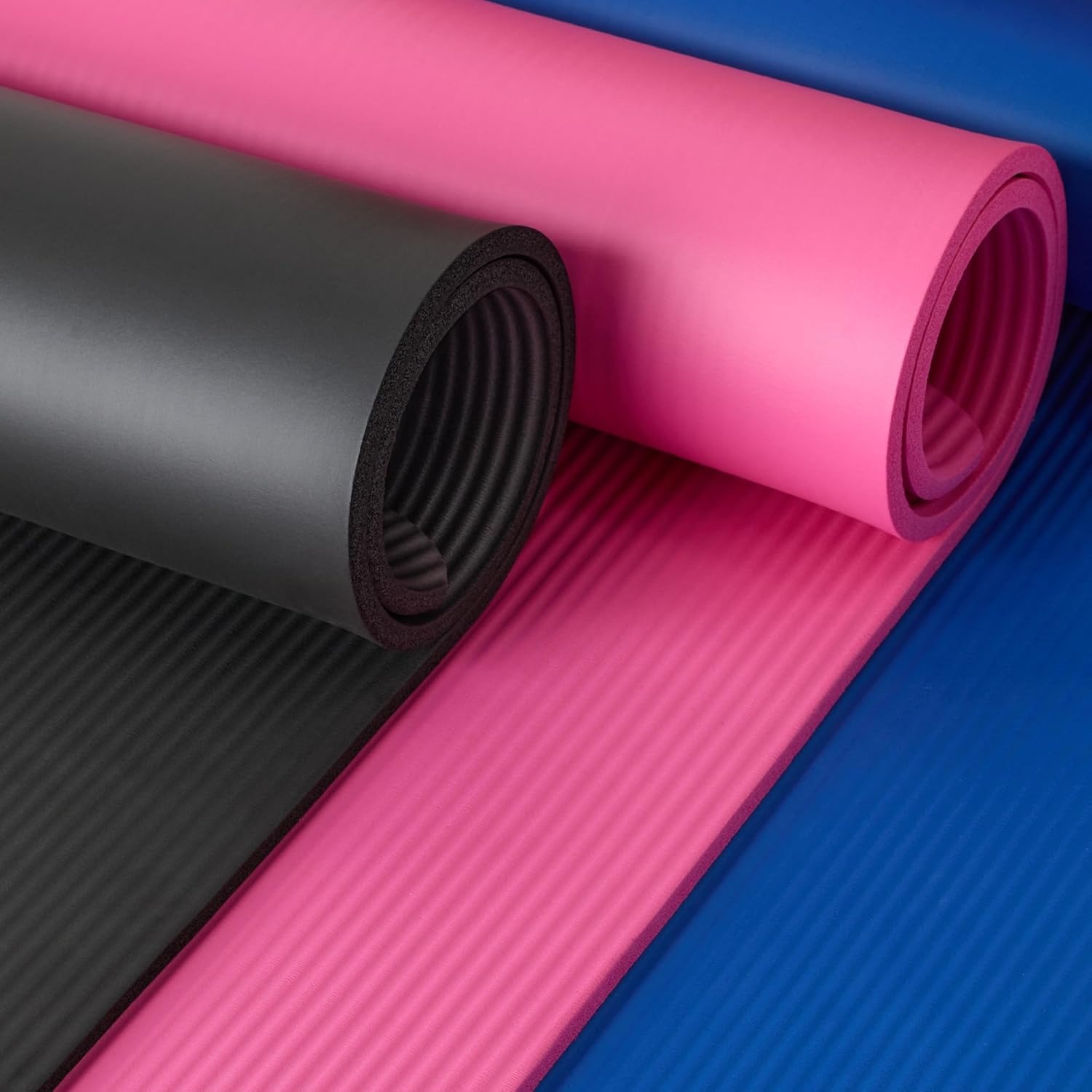Does Protein Powder Make You Lose Weight?
Losing weight is a common goal for many individuals. People often explore various methods to achieve this objective. One popular option is protein powder. This supplement has gained significant attention in recent years. But does protein powder make you lose weight? Understanding the connection between protein powder and weight loss is essential.
The Role of Protein in Weight Loss
Protein plays a crucial role in weight loss. It helps to build and repair tissues. Does protein powder make you lose weight? Moreover, protein can also increase feelings of fullness. This satiety effect can lead to consuming fewer calories overall. When a person feels satisfied, they may avoid unnecessary snacking. Consequently, this can create a caloric deficit, which promotes weight loss.
Additionally, protein has a higher thermic effect than fats or carbohydrates. This means that the body burns more calories digesting protein. Therefore, increasing protein intake may enhance metabolism. By eating more protein-rich foods or supplements like protein powder, the body may improve its calorie-burning capabilities.
High-protein diets are often effective for weight management. Research indicates that individuals who consume higher amounts of protein tend to lose more weight. This trend suggests that protein powder could indeed assist in weight loss efforts. However, merely supplementing with protein powder is unlikely to work miracles. It should be part of a balanced diet and lifestyle.

How Protein Powder Fits into a Weight Loss Plan
Incorporating protein powder into a weight loss plan can be beneficial. A protein shake can serve as a convenient meal replacement. Furthermore, it can help to boost daily protein intake. Many protein powders come in various flavors and forms. This variety allows individuals to find a suitable option for their preferences.
When using protein powder for weight loss, timing is essential. Consuming protein before or after workouts can enhance muscle recovery. Moreover, this practice supports the maintenance of lean muscle mass. Maintaining muscle is important during weight loss, as it helps to preserve metabolic rate. A higher metabolism means the body burns more calories, even at rest.
Protein powder can also be useful for on-the-go nutrition. Busy lifestyles often make it difficult to prepare balanced meals. A quick protein shake can provide essential nutrients without the need for extensive meal prep. This convenience can encourage healthier choices and consistent protein intake.
Potential Drawbacks of Protein Powder
Although protein powder can assist in weight loss, potential drawbacks exist. One concern is that some protein powders contain added sugars and fillers. These ingredients can lead to unnecessary calorie consumption. Therefore, it is vital to read labels carefully. Opting for products with minimal additives will support weight loss goals.
Another potential issue is over-reliance on protein powder. Some individuals may replace whole foods with supplements. While convenient, this practice can lead to nutrient imbalances. Whole foods provide essential vitamins, minerals, and fiber that protein powder lacks. Achieving a well-rounded diet is crucial for overall health and successful weight management.
Additionally, some people may experience digestive issues when consuming protein powder. Symptoms such as bloating and discomfort can occur, particularly with certain types of protein. It’s important to choose a protein source that suits individual tolerance levels. Consulting with a healthcare professional or registered dietitian may be beneficial.

Best Types of Protein Powder for Weight Loss
When it comes to protein powder, not all options are created equal. Various types are available, each with unique benefits. Whey protein is one of the most popular choices. It is quickly absorbed and high in essential amino acids. Whey protein can aid in muscle repair and growth post-exercise.
Casein protein is another viable option. Unlike whey, casein digests slowly. This leads to prolonged feelings of fullness, which may help with weight management. Choosing casein protein before bed can curb late-night cravings, supporting overnight recovery.
Plant-based protein powders have gained popularity as well. These options, such as pea and brown rice protein, provide adequate protein without animal products. They can be suitable for vegetarians and vegans. Moreover, plant-based proteins often contain additional nutrients, such as fiber.
Ultimately, the best protein powder for weight loss depends on individual preferences and dietary needs. Choosing a high-quality product that fits seamlessly into a diet will lead to better outcomes. This reinforces the importance of integrating protein powder into an overall healthy eating plan.

Practical Tips for Using Protein Powder Effectively
Using protein powder effectively requires some strategic planning. Begin by determining daily protein needs. A registered dietitian can help calculate ideal intake levels. This figure will guide protein supplementation and food choices.
Next, find creative ways to incorporate protein powder into meals. Protein shakes can be enhanced with fruits, vegetables, and healthy fats. Incorporating protein powder into smoothies can create a nutrient-dense beverage. Alternatively, it can be added to oatmeal or yogurt for a protein boost.
Timing is also essential when using protein powder. Consuming it around workout times can maximize benefits. Pre-workout consumption may provide the energy needed for intense exercise. On the other hand, post-workout protein supports recovery and muscle synthesis.
Monitoring overall caloric intake is crucial. While protein powder can aid in meeting protein needs, excess calories can hinder weight loss. Using a food diary or app to track intake can be helpful. This practice increases accountability and helps identify areas for improvement.
Combining Protein Powder with a Balanced Diet
Protein powder should not replace whole foods. Instead, it should complement a balanced diet. Eating a variety of fruits, vegetables, whole grains, and healthy fats is essential. Does protein powder make you lose weight? These foods provide vital nutrients that protein powder alone cannot supply.
It is also essential to balance macronutrients effectively. While protein is important, carbohydrates and fats also have roles in weight management. Carbohydrates provide energy, while fats support hormone production and brain health. Striking a balance between these components is crucial for overall wellness.
Meal planning can streamline efforts to maintain a balanced diet. Preparing meals in advance ensures that protein, healthy fats, and carbohydrates are included. This practice reduces reliance on less healthy convenience foods. A well-rounded diet enhances weight loss and boosts energy levels.
Hydration plays a vital role in weight management as well. Drinking enough water helps with digestion and may curb cravings. Incorporating water-rich foods, such as fruits and vegetables, can support hydration goals. Combining protein intake with proper hydration can lead to improved results.

The Importance of Exercise in Weight Loss
While protein powder can contribute to weight loss, exercise plays an equally critical role. Regular physical activity helps to create a caloric deficit. Incorporating strength training and cardiovascular exercises can enhance results. Both forms of exercise support overall health and longevity.
Strength training is particularly beneficial for building muscle. Increased muscle mass raises metabolism, allowing the body to burn more calories. Incorporating protein powder into a post-workout regimen supports muscle growth. It fortifies the body’s ability to recover from challenging workouts.
Cardiovascular exercise, such as running or cycling, aids in burning calories. It can help create the caloric deficit necessary for weight loss. Blending different forms of exercise keeps routines fresh and enjoyable.
Additionally, setting realistic fitness goals is important for sustainability. Consistency is key in achieving weight loss. Aiming for regular movement rather than perfection fosters a healthier relationship with fitness. Keeping a positive mindset around exercise is essential for long-term success.

Final Thoughts on Protein Powder and Weight Loss
In summary, protein powder can aid in weight loss when used correctly. It provides an easy way to boost protein intake, which may enhance satiety. However, it should be part of an overall balanced diet and healthy lifestyle. Merely relying on supplements may yield limited results.
Choosing the right type of protein powder is essential. Consider individual preferences, dietary needs, and potential allergies. Integration into meals can maximize the benefits of protein powder. Experiment with different recipes to find the best fit.
Moreover, exercise must accompany dietary changes. A holistic approach that includes both nutrition and physical activity leads to the most significant weight loss. Setting realistic goals and tracking progress can contribute to long-term success.
Overall, protein powder can be a helpful tool. However, it should complement a well-rounded diet and sustainable exercise routine. Embracing a balanced lifestyle is the key to achieving lasting weight loss results.



